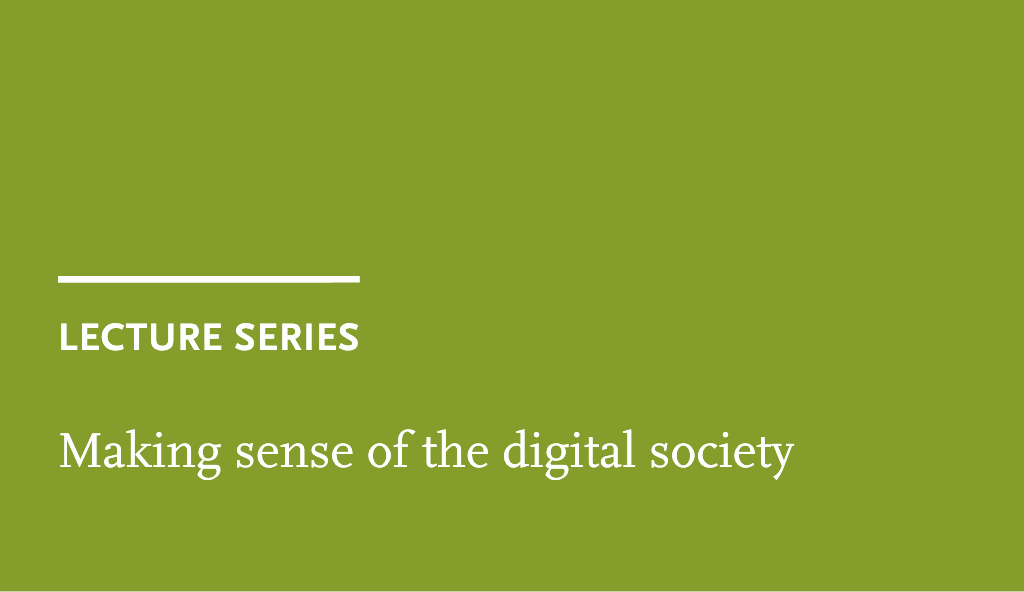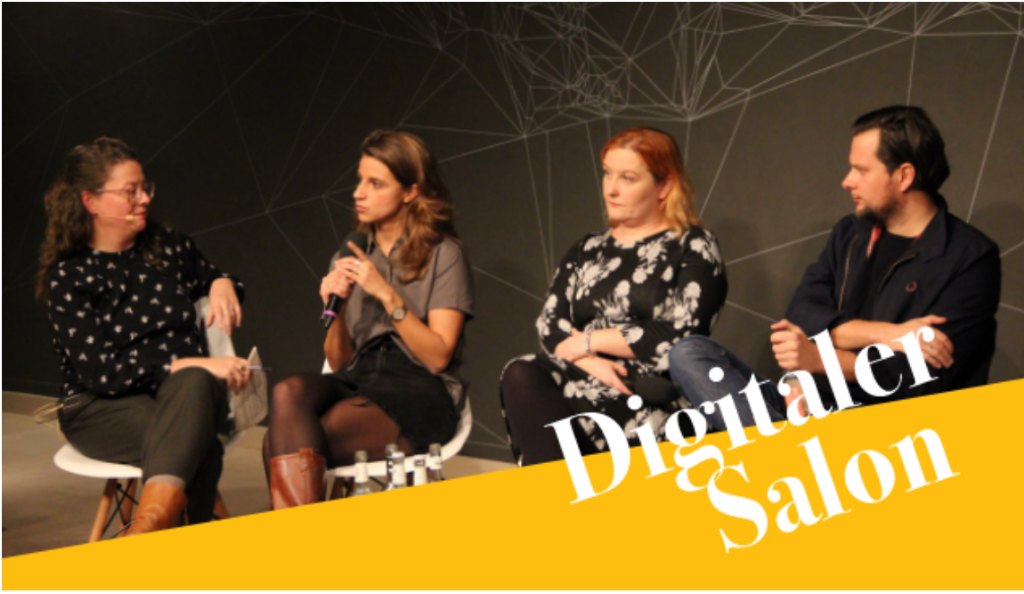Artificial Intelligence and Inclusion Symposium
Global Network of Internet and Society Research Centers Official Meeting
OVERVIEW / CONCEPT
Artificial Intelligence (AI) and related technologies have started to shape important parts of the digital economy and affect core areas of our increasingly networked societies. Whether transportation or manufacturing, social justice or health and education, AI has the potential to deeply impact our lives and shape our individual and collective futures in ways both visible and hidden. The promise of AI-based technologies is enormous, and benefits range from efficiency gains to unprecedented improvements of quality of life. The challenges and potential risks are equally staggering, for instance when considering the uncertainty regarding the future of labor or the emergence of new power structures outside the control of existing governance and accountability frameworks. More specifically, the uneven access to and impact of AI and related technologies on often marginalized populations, which include urban and rural poor communities, women, youth, LGBTQ, ethnic and racial groups, people with disabilities – and particularly those at the intersection of these marginalized groups – contribute to the disturbing risk of amplifying digital inequalities across the world.
With support of the Ethics and Governance of Artificial Intelligence Fund, the Global Network of Internet & Society Centers (NoC) will convene invited guests and collaborators from across the world which will include a broad range of representatives from advocacy, philanthropy, media, policy, and industry to address both the opportunities and challenges of AI-based technologies through the lens of inclusion, broadly conceived. The event, which will take place on November 8-10, 2017 in Rio de Janeiro, will identify, explore, and address the opportunities and challenges of AI as we seek to build a better, more inclusive, and diverse world together, and is co-hosted on behalf of the NoC by the Institute for Technology and Society of Rio de Janeiro (ITS Rio) and the Berkman Klein Center for Internet & Society at Harvard University. Five years after an inaugural symposium focused on structural changes and tipping points of Internet-driven developments, the Symposium on AI and Inclusion will also serve to reify the growing global community of almost 80 NoC Centers.
At its core, the Symposium seeks to identify, map, understand, and address the manifold issues around AI and Inclusion from an interdisciplinary perspective, with a particular focus on dimensions of inclusion. A complex set of issues exists concerning the geographic divide between the Global North and the Global South when it comes to the development, design, and application of AI-based technologies, and the Symposium will explore these topics and issues from the perspective of different actors and by looking at a set of thematic core areas, including deep dives into areas such as social justice, health and wellbeing, and education, as well as cross-cutting themes such as data and infrastructure, law and governance, and employment and workplace, among others. The goals of the event are to deepen our shared understanding of AI inclusion challenges and opportunities, to identify and discuss areas for research, education or action, and inform and incubate new projects and other collaborative efforts among the NoC participants and collaborators.
The event will be highly interactive and participatory. The organizers are committed to offering a variety of venues and formats in which knowledge and experiences can be shared, also acknowledging cultural differences and preferences in terms of modes of engagement.
If you are a Network of Centers member, or are interested in learning more about the symposium, please email inclusionsymposium@eon.law.harvard.edu.
THEMATIC FOCUS / MODES
The emerging theme of AI & Inclusion is dynamic, includes a broad range of issues – some topical and some cross-sectional – and involves many diverse players. During the Global Symposium on AI & Inclusion, we will utilize perspectives from various stakeholder groups, disciplines, and perspectives in order to:
- create a shared vocabulary and knowledge base regarding the opportunities and challenges at the intersection of AI and inclusion (knowledge infrastructure);
- identify learnings from existing networks that can be applied as we form new networks through opportunities and challenges (learning and application of insights);
- and design interfaces among individuals and groups with shared interests in collaboration and action-taking (action – areas for research, education, and interface building).
To advance these goals, the Symposium will employ a variety of formats, including presentations, moderated discussions, small group meetings, and exhibitions and poster sessions.
The meeting will begin on the afternoon of November 8th with a set of interactive activities where the broader community of inclusion experts and practitioners, communities related to the AI Ethics and Governance Initiative, and members of the Global Network of Internet & Society Centers will come together to make introductions and connections, share knowledge and experiences, and start to map the current state of play from their perspectives. The Symposium’s substantive program kicks off with two foundational presentations focused on setting the stage for discussions around (1) Artificial Intelligence and (2) issues related to Inclusion for the following two days.
The second day of the Symposium on November 9th will focus on learning and application and begin with a set of lightning talks highlighting or synthesizing the important intersection between AI & Inclusion, and utilize perspectives from the field to identify trends, opportunities, and gaps in different settings and contexts. Empirically-informed deep dives will provide the basis for discussion and will be followed by a series of planned and self-organized breakout sessions related to salient topic areas at the junction of AI & Inclusion. Recognizing few attendees will be experts in the fields of both AI & Inclusion, respondents with distinct competencies or knowledge will participate in discussions where moderators will act to identify common threads and questions that identify opportunities and challenges participants can work together to address. The second segment will feature a series of case studies highlighting emerging practices in different environments and a reporting and synthesis session.
The final day, November 10th, will focus on action, where participants will develop and identify specific points of connection, leverage, collaboration, and intervention. Participants will convene around the topics of research, education, and interface building in order to develop action-oriented roadmaps that leverage the global community of experts and practitioners gathered at the Symposium, as well as strategies to engage and include underrepresented voices and perspectives in conversations about AI. The day will end with a closed session for NoC participants.
DIGITAL SOCIETY LECTURES
This high-profile lecture series thrives to develop a European perspective on the processes of transformation that our societies are currently undergoing.
DIGITALER SALON
Once a month we publicly discuss the impact of digitalisation on the society. Therefore we invite special guests and engage in a dialogue with the audience.
NEWSLETTER
Be the first to learn about our new events and exciting research results.

